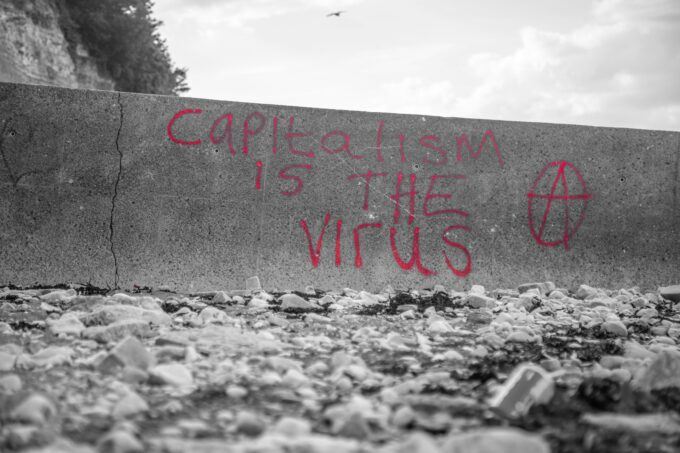| NOVANEWS |
Many thanks to entdinglichung for pointing me towards a piece on the Libyan land grab in Mali.
Readers will remember that Mali is an incredibly poor country ranking 160 out of 169 in the UN Human Development Index of 2010. It has an adult life expectancy of about 49 years.
In contrast, even under the dictatorship of Colonel Gadaffi, Libya ranks 53 in the UN index, with a life expectancy of about 74.
That is forgetting about Libya’s oil, but what a stark contrast. An exceedingly poor country and an rich oil developing country. Yet Mali’s resources are being exploited for the benefit of Libya.
The extremely poor helping the comparatively wealthy, what a travesty.
Read more in Libyan land grab of Mali’s rice-producing land:
“Land grabbing of small farmers’ land by large national and foreign companies is becoming an increasingly concerning issue in Mali. After investing in various sectors of the economy in Mali and in Africa, these national or multinational corporations are looking for new avenues of opportunity, namely land. For example, MALIBYA, a Libyan company, has been allocated 100,000 hectares of land in the Office du Niger region, the country’s main rice-growing region and precisely in West Macina, in the Ségou region, the fourth region of Mali. It has been awarded this land by the Malian government as part of its promotion of private investment in rice production.
…By ‘putting the cart before the horse’, the population affected by the MALIBYA project can only wait for conclusions to be made regarding their compensation. Such as Antoinette Dembélé, a sixy-year-old who for decades has devoted her life to market gardening. She used to farm the plot of land that her husband left her before he died in order to pay her family’s bills and other social expenses. As part of the development work, she was dispossessed of her plot of land located next to the water supply canal.
‘The Chinese came and destroyed my garden and everything in it: guava trees, orange trees, papaya trees, onions and so on. And up until now I haven’t received any compensation for this. We tried to refer the matter to the local authorities: the council, the Office du Niger… these made it clear that they could not do anything against a governmental decision and that they had no other choice but to leave it. I’ve been forced to stay at home and sell small things like cigarettes and condiments to meet the needs of my family. It is very hard to keep fighting in this way as they have told us that the land belongs to the government and only the trees and plants that we planted or cultivated are ours. If we try to ask the Chinese who are carrying out the work about this, they tell us to go and see the President of the Republic and that they don’t have to account to anyone. There’s nothing left to do but hope that we’ll be compensated.’ “



